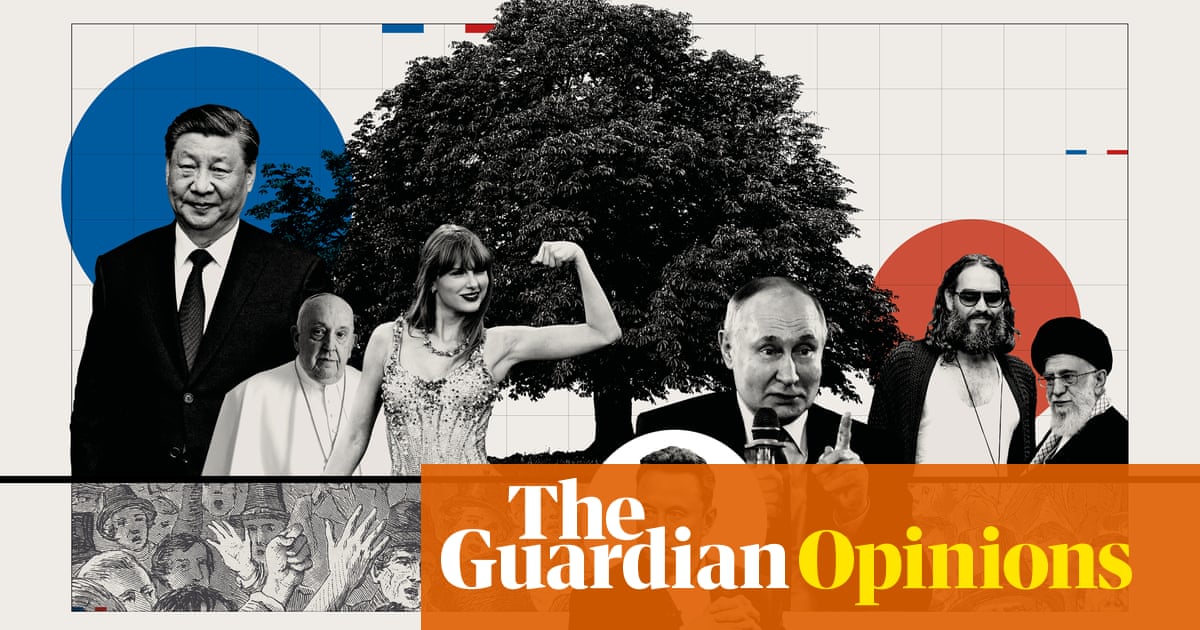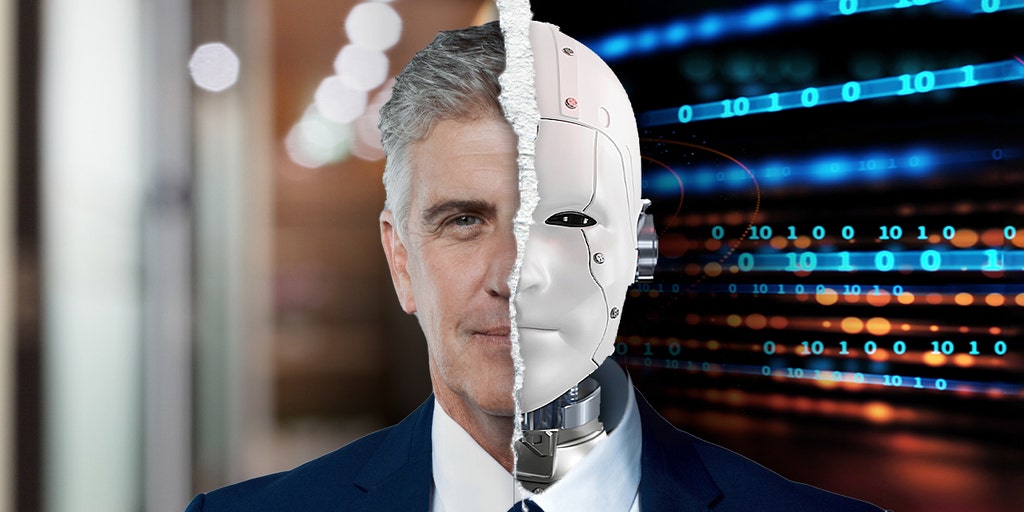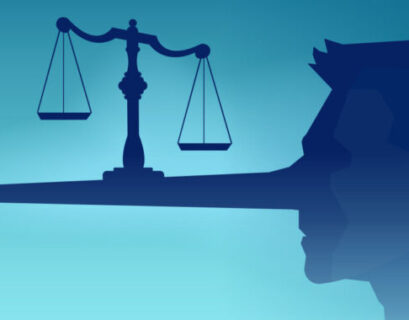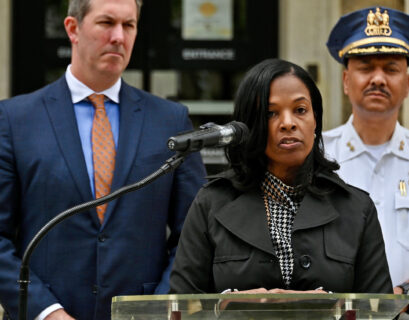If one sought to discover the events unfolding in Paris in 1750, they would visit “l’arbre de Cracovie,” known as “the Kraków tree.” This chestnut tree earned its name not due to any direct link to the Polish city but because, at that time, the term for “fake news” was “craques,” and the area beneath its branches buzzed with such misinformation.
The tree attracted not only gossip-mongers claiming insider knowledge of the political scene through overheard conversations or glimpsed letters but also government officials keen on gauging public sentiment and foreign agents seeking to gather or fabricate intelligence.
Historian Robert Darnton, from Harvard University, mapped out the dissemination of this information in a speech to the American Historical Association. Given the strict control over newspapers by the old regime, gossip flourished under the tree, manifesting as “public noise,” tavern songs, salon discussions, and defamatory pamphlets known as “libelles.” Over time, these narratives played a role in the downfall of the French monarchy.
This sequence of events ultimately led to the significant impact of the French Revolution on democracy. Fast forward to the present day, where inhabitants of liberal democratic nations, reliant on an informed populace for their sustenance, face a modern-day “arbre de Cracovie.”
However, this contemporary version is significantly more pervasive, immediate, overwhelming, and potent. As the world navigates through a historic election year, the question arises: can democracy withstand the influence of social media?
French historian David Colon, an expert in propaganda and mass manipulation, highlights the unprecedented speed and global reach of propaganda facilitated by social media, coupled with the dwindling trust in traditional filters such as institutional media. Three interconnected factors exacerbate this dilemma.
Firstly, the proliferation of fake news, propelled by advancements in AI, threatens to blur the line between reality and fiction, with the potential for manipulated videos and misinformation to sway public opinion. Second, the emergence of “newsfluencers” further fragments the shared reality, disseminating information tainted by hidden agendas. Lastly, authoritarian regimes exploit these vulnerabilities to wage information warfare, eroding trust in established truths and sowing seeds of doubt in democratic principles.
In a landscape marked by complexity and instant gratification, the challenge lies in fostering a collective sense of discernment amidst the deluge of information. While autocratic regimes advocate for stringent control over online spaces, such an approach is incompatible with the ethos of liberal democracies. Departing from social media entirely may not be a viable solution either, as it risks ceding ground to disinformation.
Countermeasures against disinformation include the rise of “counterfluencers” like Elica Le Bon, who combat state-sponsored propaganda through dedicated social media campaigns. Building trust in traditional media outlets, such as through initiatives like the Journalism Trust Initiative, may offer a semblance of reliability in a sea of uncertainty.
In the face of these challenges, maintaining optimism and fortitude is crucial to safeguarding the integrity of democratic discourse and combating the pervasive influence of misinformation.
- Alexander Hurst, Guardian Europe columnist










